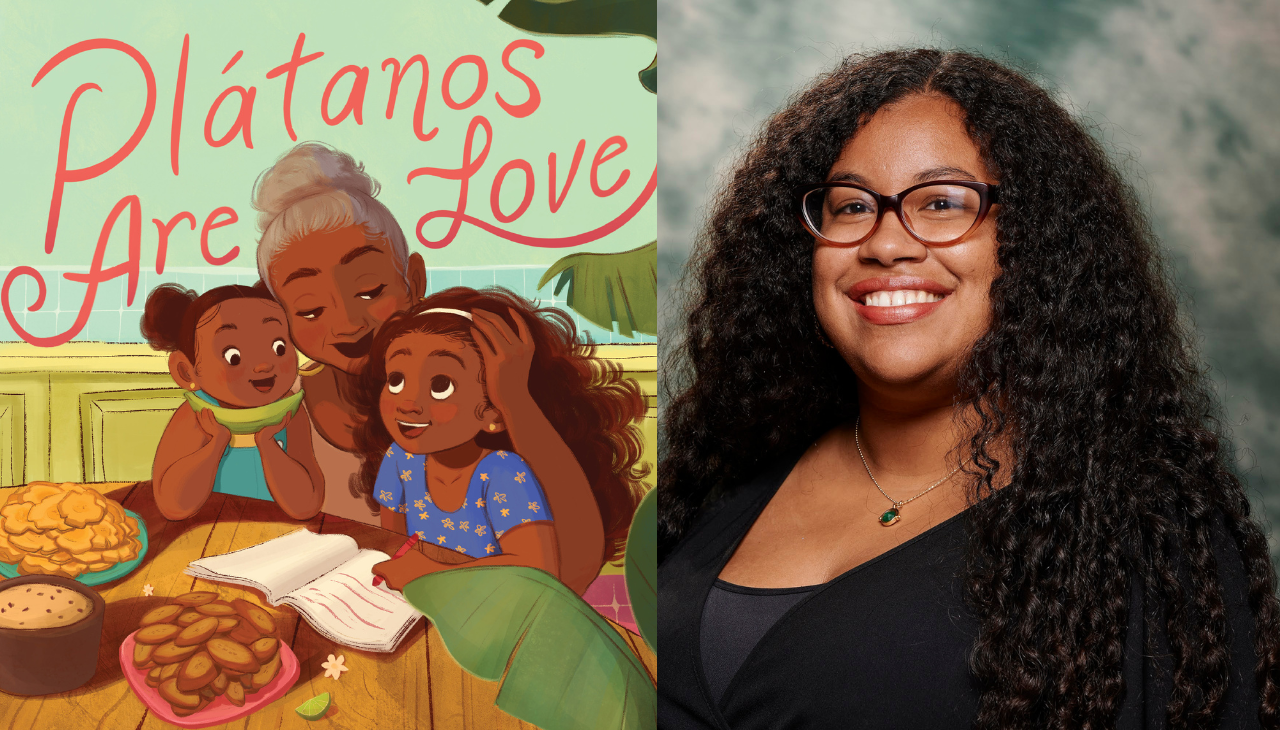
Seeking justice for a murdered sister
In 'Liliana’s Invincible Summer,' Mexican author Cristina Rivera Garza denounces gender violence and femicide as universal problems.
The Summer of 1990 was to be very special for Liliana Rivera Garza, a 20-year-old Mexican architecture student. She decided she would start a new life. She would break up with her abusive boyfriend, pursue a master’s degree, then a doctorate, and travel to London. None of that happened. Her boyfriend decided she wouldn't have a life without him, so he murdered her, becoming another unsolved femicide in Mexico in recent decades.
Twenty-nine years later, Cristina Rivera Garza, her writer sister, left her home in Texas and went to the attorney general’s office in Mexico City to demand the case be reopened and ask for justice to be served. She did not achieve her goal, but her tenacity gave birth to Liliana’s Invincible Summer, a novel just been published in English in the United States that is both a tribute to the life Liliana could have had and a denunciation of the sexist violence and domestic terrorism that affects the whole world.

“It is difficult to talk about gender violence and femicide with the patriarchal language that both provokes and silences it. So it’s not just a matter of being personally ready to do so, but to have access to a common language through which to enunciate these crimes from the point of view of the victims and their families”, Rivera Garza explained in an interview with AL DÍA. “Women’s mobilizations and feminist movements have been producing this language that now makes it possible to tell these alternative stories and have a place to listen as well.”
According to the author, gender violence and femicide, unfortunately, are universal, and not an issue exclusive to Mexico. In the United States, three women are murdered every day due to gender violence, she recalled.
“This increase in the number of femicides, which was even more serious during the pandemic, is called ‘a silent epidemic’, and with good reason: it is not talked about, not as much as it should be, in any case, and often, and this happens more in the U.S. than in Latin America, there is no precise language for its identification,” she said.
In the U.S., for example, stories about the murder of women are known as a subgenre — “dead-girl story”— instead of calling them by their name: femicide.
“Let’s think about the difference that this nomenclature entails, both culturally and in terms of public policy,” she said.
On the other hand, gender violence is often confused with another very powerful language: that of romantic love, and it's why we often speak of “crime of passion,” instead of femicide. “I hope that Liliana’s life can help others to see more clearly a threat that is present wherever there is inequality.”
RELATED CONTENT
The obligation to ask oneself
Born in 1964 in Tamaulipas, bordering Texas, the author believes that “a border always prompts us to ask questions. Everywhere there is a difference,” she added, “but the very existence of a border, especially one as visible and cruel as the one that divides the U.S. and Mexico, forces us to ask ourselves insistently about the state of things, that is, it invites us to be critical as a survival strategy in everyday life. An immigration officer asks basic but crucial questions: who you are, where you come from, where you are going, who your friends are. Properly seen, these questions are enough to become philosophers in everyday life.”
Rivera Garza is currently director of the Creative Writing program at the University of Houston and has been living in the United States for 30 years. “Being very close to certain U.S. literary traditions has helped me to question my background as a Latin American reader/writer, and vice versa: interdisciplinarity and ‘cross-genre’ are very good for me!” she said.
As a fervent reader since she was a child, Rivera Garza was “seduced” by the world of books and it was immediately clear to her that she would be a writer, no matter how “crazy and unusual” it sounded in a family of border migrants.
“I want to do this, I want to work closely with this language, I want to write books that move others as much as I am now,” she told herself.
Little did she know then that she was making a pivotal decision.
“Fortunately, or unfortunately, who knows, it’s a decision that has to be redone every time, every day. One always writes a book from scratch, if one is really writing, I mean.”











LEAVE A COMMENT:
Join the discussion! Leave a comment.